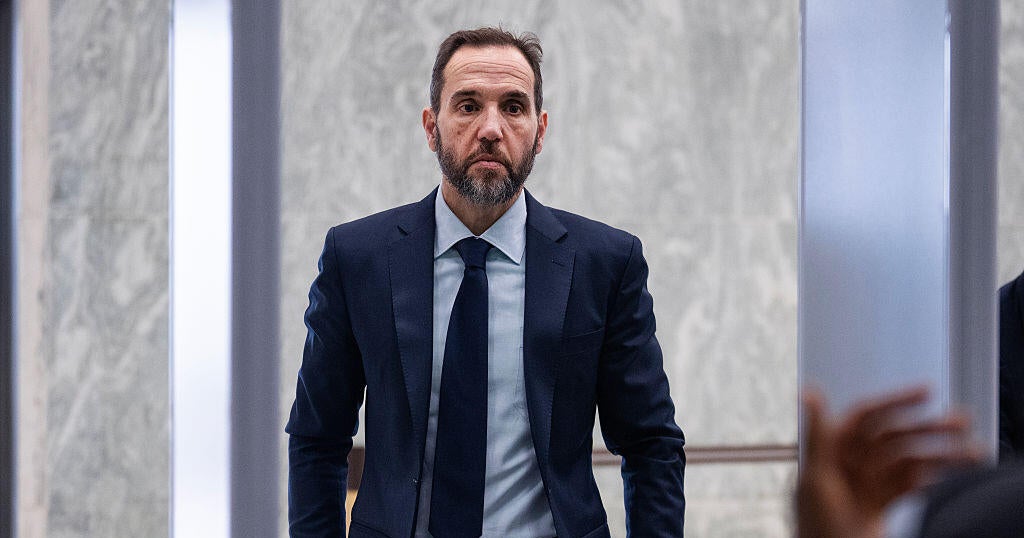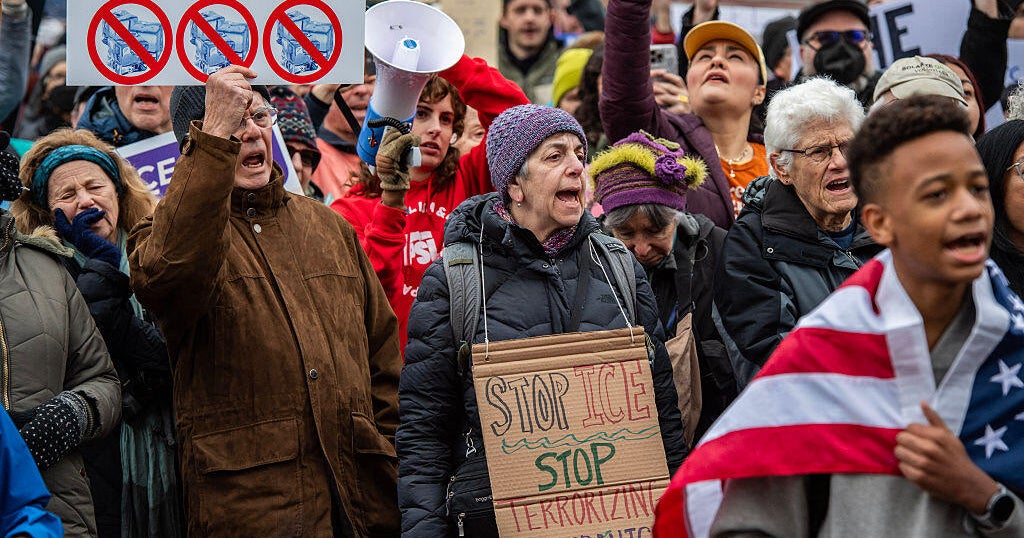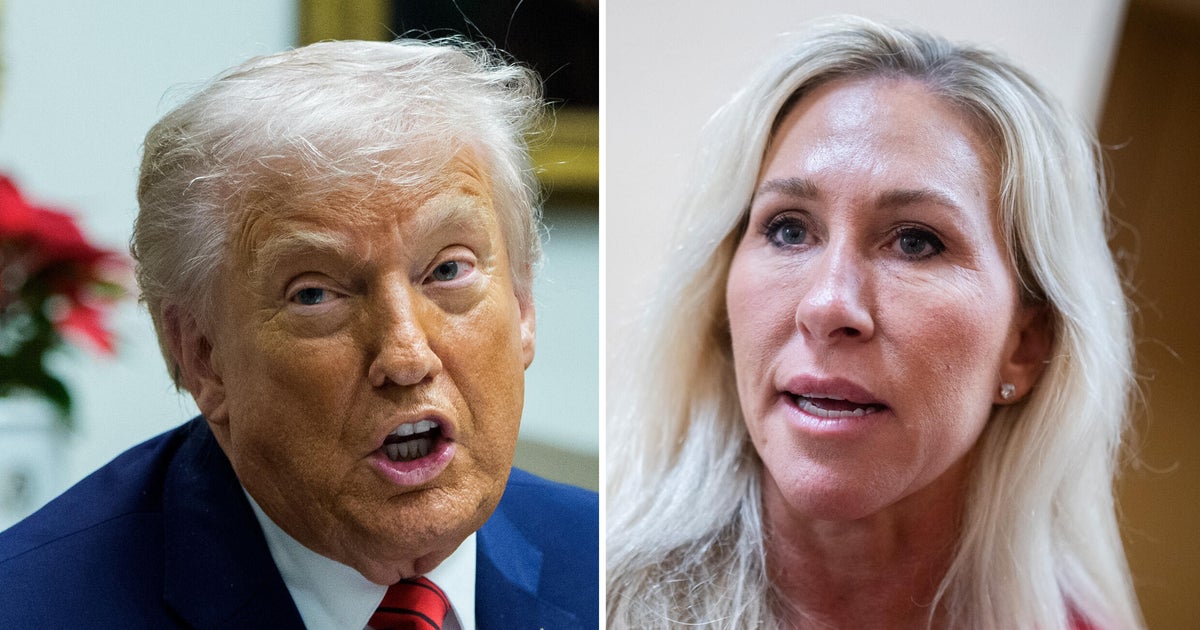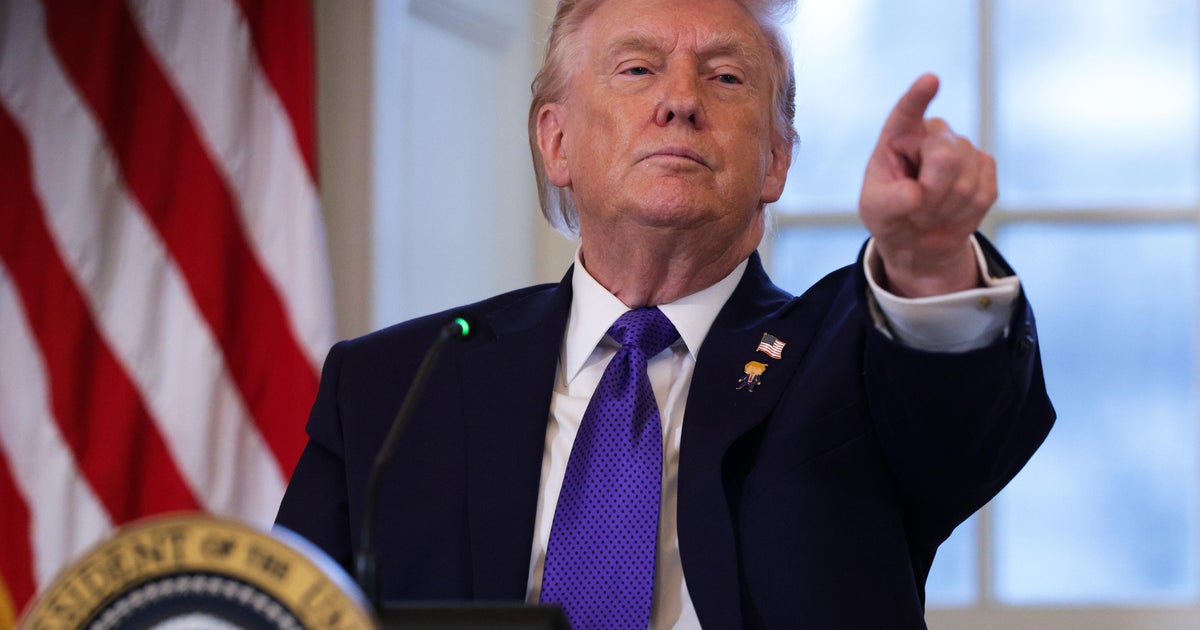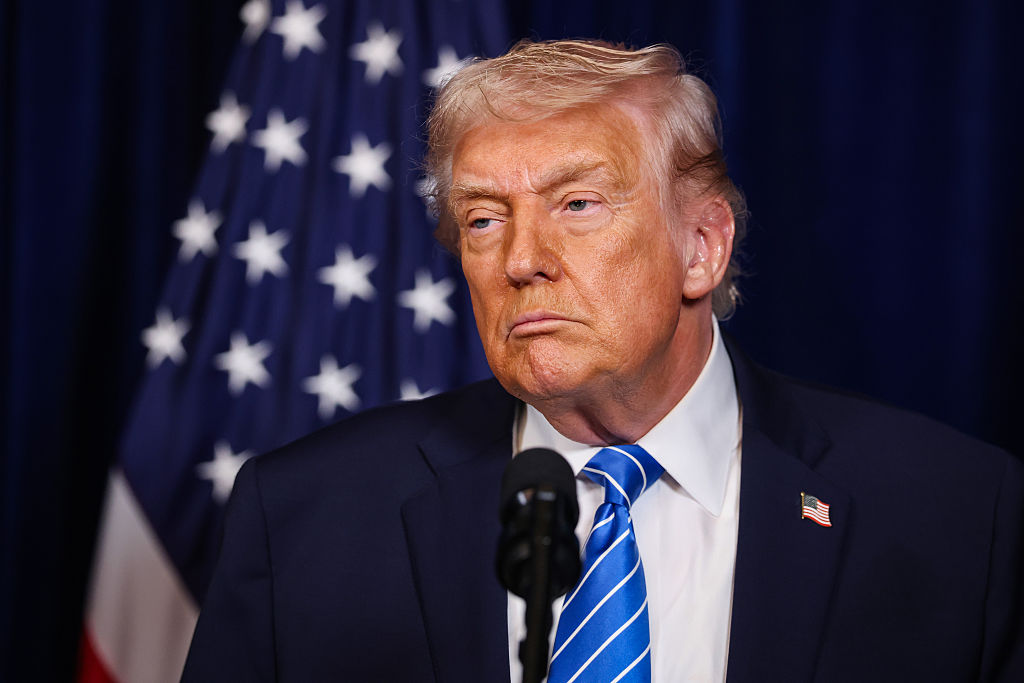Trump responds to special counsel's effort to limit his remarks about FBI in documents case
Attorneys for former President Donald Trump on Monday evening pushed back against special counsel Jack Smith's request Friday that a federal judge in Florida modify Trump's conditions of release in the probe into Trump's handling of classified documents.
Federal prosecutors have asked U.S. District Judge Aileen Cannon, who is overseeing the documents case, to modify the condition of Trump's release in order to bar him from making public statements that "pose a significant, imminent, and foreseeable danger to law enforcement agents" who are participating in the prosecution.
"Trump's repeated mischaracterization of these facts in widely distributed messages as an attempt to kill him, his family, and Secret Service agents has endangered law enforcement officers involved in the investigation and prosecution of this case and threatened the integrity of these proceedings," prosecutors told Cannon, who was nominated to the bench by Trump.
"A restriction prohibiting future similar statements does not restrict legitimate speech," they said.
The special counsel's request to Cannon followed a false claim by Trump last week that the FBI agents who searched his Mar-a-Lago estate in August 2022 were "authorized to shoot me" and were "locked & loaded ready to take me out & put my family in danger."
Trump was referring to a disclosure in a court document that the FBI, during that search, followed a standard use-of-force policy that prohibits the use of deadly force except when the officer conducting the search has a reasonable belief that the "subject of such force poses an imminent danger of death or serious physical injury to the officer or to another person."
The policy is routine and intended to limit the use of force during searches. Prosecutors noted that the search was intentionally conducted while Trump and his family were away and was coordinated with the Secret Service. No force was used.
Prosecutors on special counsel Jack Smith's team contended in a court filing late Friday that Trump's statements falsely suggesting that federal agents "were complicit in a plot to assassinate him" would expose law enforcement officers "to the risk of threats, violence, and harassment." Some of them are expected to be called as witnesses at Trump's trial.
But Trump's attorneys on Monday called Smith's request "extraordinary, unprecedented, and unconstitutional censorship," and they said in their filing, "[t]he Motion unjustly targets President Trump's campaign speech while he is the leading candidate for the presidency."
They argue that Smith is going further than any previous requests by any other prosecutor in the cases against the former president because the prosecution's motion ties Trump's freedom to his campaign speech.
The former president also argues that prosecutors violated local rules in failing to properly "confer" with them before filing the motion. Trump's lawyers said that Smith's team, in filing the motion late on a holiday Friday, ahead of closing arguments this week in the separate New York "hush money" criminal case against Trump, did not offer a reasonable conferral period, which they claim is required by local rules in the Southern District of Florida. Trump's lawyers provided email correspondence between the parties from Friday night as exhibits.
Trump also asked Cannon to sanction the Justice Department's legal team for allegedly violating the local rules.
Attorney General Merrick Garland earlier this week slammed Trump's claim as "extremely dangerous." Garland noted that the document Trump was referring to is a standard policy limiting the use of force that was even used in the consensual search of President Joe Biden's home as part of an investigation into the Democrat's handling of classified documents.
Trump faces dozens of felony counts accusing him of illegally hoarding at his Mar-a-Lago estate in Palm Beach, Florida, classified documents that he took with him after he left the White House in 2021, and then obstructing the FBI's efforts to get them back. He has pleaded not guilty and denied wrongdoing.
It's one of four criminal cases Trump is facing as he seeks to reclaim the White House, but outside of the ongoing New York hush money prosecution, it's not clear that any of the other three will reach trial before the election.
—Robert Legare contributed reporting.
